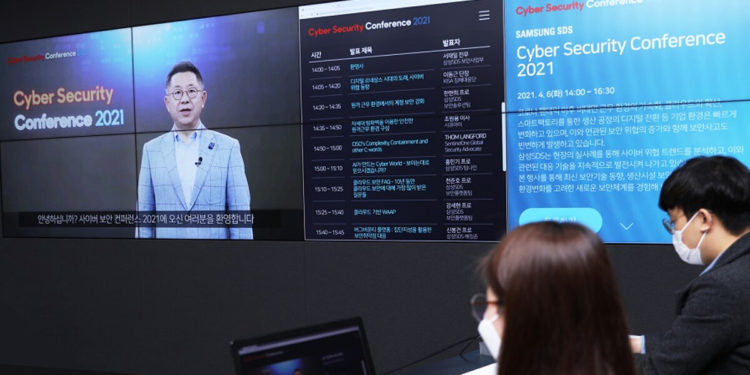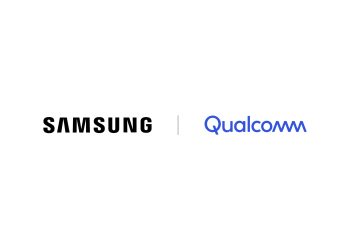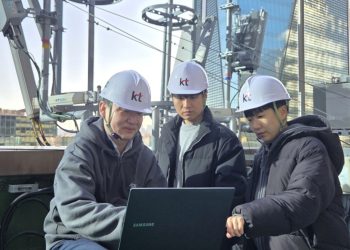During the Cyber Security Conference 2021, Samsung SDS promoted the newest cybersecurity countermeasures and trends to cope with the changing work environments and advancing cloud transition. More than 3,000 people attended the online Samsung SDS event, such as corporate personnel and security industry officials. At the conference, the Samsung subsidiary highlighted the security field’s importance, assuring it would establish a more substantial security foundation.
Risk of Cyber Attacks
Due to the pandemic, digital transformations have jumped, especially in network-connected industrial devices, smart manufacturing, and other non-face-to-face technologies. Besides reshaping work environments, e-commerce operations, and cloud transitions, the pandemic also prompted new risks to emerge. Following the accelerating Industry 4.0 and industrial digitalization, cyber-attacks and security threats have increased rapidly.
Three Cybersecurity Trends
“We will share cybersecurity trends in line with technological changes and provide practical countermeasures,” said Seo Jae-Il, Executive VP of Samsung SDS’s Security Division. To address the increasing cyber breaches, Samsung SDS experts introduced new cybersecurity countermeasures, trends, and other data security setups. Most importantly, Samsung SDS emphasized three cybersecurity trends: remote work, cloud security, and operational technology (OT).
For the remote work segment, the company focused on identifying and fixing remote work environment vulnerabilities, offering various security solutions. “We need to implement a security system that can solve security vulnerabilities through integrated identity and access management (SingleID), endpoint detection and response (EDR), and next-generation firewalls,” said Samsung SDS Professor Han Hyun-Hee.
Next, for the cloud security segment, Samsung SDS answered customers’ frequently asked questions regarding cloud-based technologies and services. Accordingly, the engineering company shared cloud security standards and multiple crucial cloud security package solutions for protecting sensitive data.
Lastly, for the OT segment, Samsung SDS presented its latest integrated OT security platform, which involves security monitoring and consulting. As the company’s security experts stated, real-time security technologies could effectively discover and prevent cyber-attacks on different industrial equipment.
According to Samsung SDS, it plans to launch more AI-based security weapons and better cloud systems for data protection. Moreover, Samsung SDS’s Team 9 and Hacking Zone introduced AI-based multimedia forgery detection technologies and smart bug bounty software. Other guest speakers also shared cybersecurity solutions, including the Korea Internet and Security Agency, KPMG Korea, and SentinelOne.







